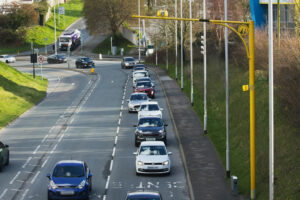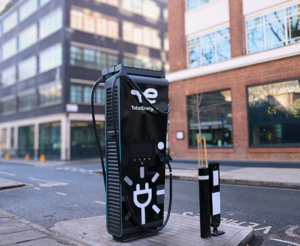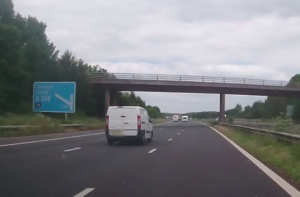Increased investment in bus travel across England would significantly reduce emission levels and is also ‘essential’ to helping the economic recovery from the pandemic, according to a new report by Greener Journeys.
The report, Maximising the benefits of local bus services, says that every £1 invested in bus travel would generate £4.48 in wider social, economic and environmental benefits, with all local authority areas in England outside the capital likely to see an increase in bus use of at least 20%, according to research carried out by KPMG.
The study carried out on behalf of the campaign group estimates £2bn of investment would generate 425 million additional bus journeys every year in England outside London, helping to drive down private car use which has shot up in the wake of the pandemic. KPMG developed econometric models to compare bus use between areas, benchmark levels of demand and identity the level of patronage achievable with the right investment and market conditions. T
Bus travel was reduced dramatically during lockdown, which has hit the broader economy hard, with buses previously providing the top means of access to most city centres.
The campaign group’s chief executive Claire Haigh said that investing in and encouraging use of public transport would be critical to restarting the economy, as well as delivering beneficial environmental outcomes.
“We need a green recovery and that will require a massive shift from private transport to public, shared and active travel,” she said. “The forthcoming national bus strategy must maximise the potential of the bus to tackle pollution, reduce social deprivation and reignite the economy.”
In February 2020 Department for Transport (DfT) announced £5 billion of new funding for bus services and cycling with £3 billion allocated to bus travel. Of the new funding for buses, DfT has suggested an initial allocation of funding £1 billion to support investment in 4,000 zero emissions vehicles.
























